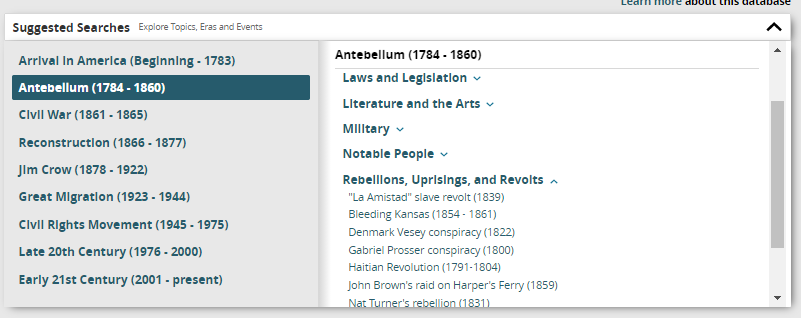
For the love of the Black family
August 26, 2021
This blog was written as part of Charlotte Mecklenburg Library's Black Lives Matter program initiative. Learn more about the program and corresponding events here.
Family reunions are a time for families to gather and create lasting memories and experiences, share wisdom, pass along tradition, have fun and EAT good food! The summertime is also when Black families commonly plan their weekends around the summer tradition of their annual or bi-annual family reunion.
Covid has put this summer tradition in a chokehold for two summers now. In 2020 due to Covid-19, large gatherings were suspended, including family reunions. Families spend a lot of time planning a family reunion - scouting locations, booking entertainment, setting up activities and catering food. As a matter of fact, my extended family spent much of 2019 preparing for the bi-annual family reunion, only for it to be canceled in 2020.
Here we are, capping off the summer of 2021, and I have heard very minimal talk about family reunions. As a matter of fact, I've only heard inklings of anticipation for when we can have traditional family gatherings again. Usually, Black families prioritize family by blocking off a weekend to celebrate with each other and reconnect the family generations. Have you ever seen four generations in one place?
Family reunions are usually a festival-type of celebration, and as a kid, preparing to attend a family reunion was full of excitement to reconnect with my cousins. I'd live for the days when my great-aunts would make their specialty dishes like homemade ice cream and pound cake.
Historically, family reunions date back to the Emancipation, when formerly enslaved people sought out the family they were separated from while enslaved. This tradition would become something that would be a continuous celebration of kinship and resilience that Black families endured. Although the reunion of the family was once steeped in struggle and pain, Black people use their resilience to celebrate family.
Although family reunions have been quiet for two summers, they'll be back. We can't let this traditional celebration of family die. The Black family won't die, and neither will the Black family reunion. Even on a smaller scale, we will celebrate.
--
This blog was written by De'Trice Fox, a librarian for Charlotte Mecklenburg Library.


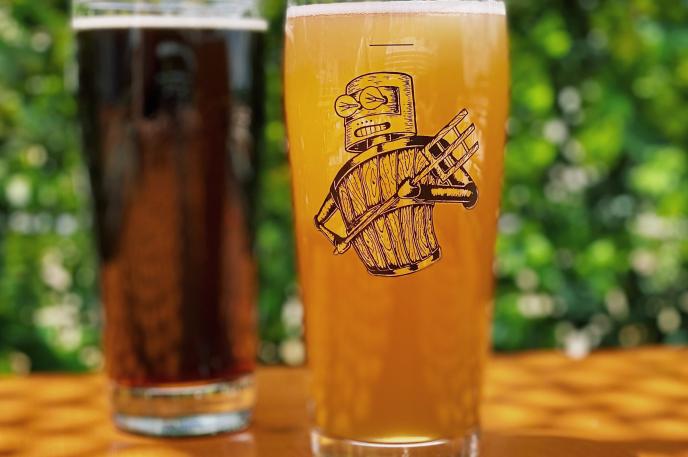
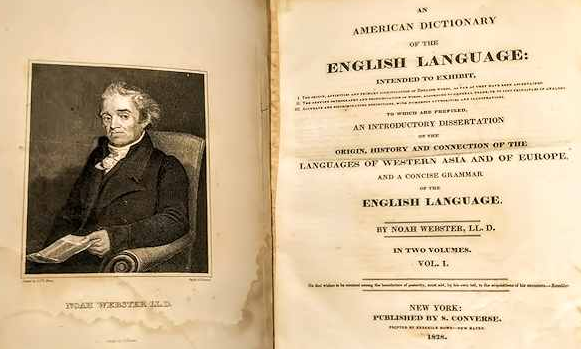 In his 1828 dictionary, Noah Webster of Connecticut defined beer as a beverage made "from any farinaceous grain, but generally from barley," but added, "beer is a name given in America to fermenting liquors made of various other materials." Barley was hard to come by, especially in the South, so North Carolinians tried fermenting apples, persimmons, and molasses into something fizzy with a kick. “My wife makes excellent beer,” began one story in the Catawba Journal (12/26/1826), showing what Americans called beer was usually made at home - and by women.
In his 1828 dictionary, Noah Webster of Connecticut defined beer as a beverage made "from any farinaceous grain, but generally from barley," but added, "beer is a name given in America to fermenting liquors made of various other materials." Barley was hard to come by, especially in the South, so North Carolinians tried fermenting apples, persimmons, and molasses into something fizzy with a kick. “My wife makes excellent beer,” began one story in the Catawba Journal (12/26/1826), showing what Americans called beer was usually made at home - and by women.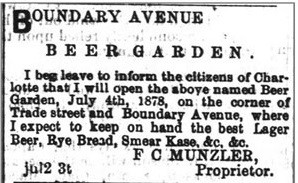 In the 1860s, Martin Munzler became the first successful brewer in Mecklenburg County. He evidently brought the craft of making lager beer with him from his native Bavaria. During the Civil War years, he ran advertisements offering top dollar for barley. After the war, he, and then later his son, Frederick, sold their fermented product in a typically German setting: the beer garden, an outdoor place where families could gather and men could drink beer. It was located at the edge of town near the present-day intersection of McDowell and E Trade St. (Houser, n.d)
In the 1860s, Martin Munzler became the first successful brewer in Mecklenburg County. He evidently brought the craft of making lager beer with him from his native Bavaria. During the Civil War years, he ran advertisements offering top dollar for barley. After the war, he, and then later his son, Frederick, sold their fermented product in a typically German setting: the beer garden, an outdoor place where families could gather and men could drink beer. It was located at the edge of town near the present-day intersection of McDowell and E Trade St. (Houser, n.d) Atlantic Ale and Beer was made in Charlotte in the 1930s, but from World War II until the craft beer era, the beer drinkers of Mecklenburg chose from the same national and regional brands as everybody else.
Atlantic Ale and Beer was made in Charlotte in the 1930s, but from World War II until the craft beer era, the beer drinkers of Mecklenburg chose from the same national and regional brands as everybody else.
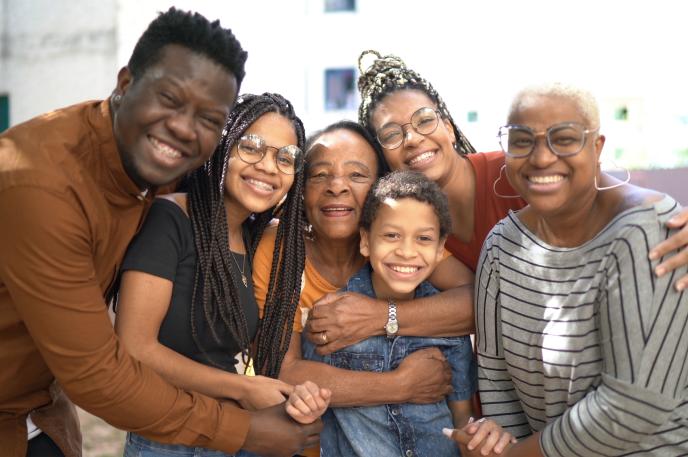

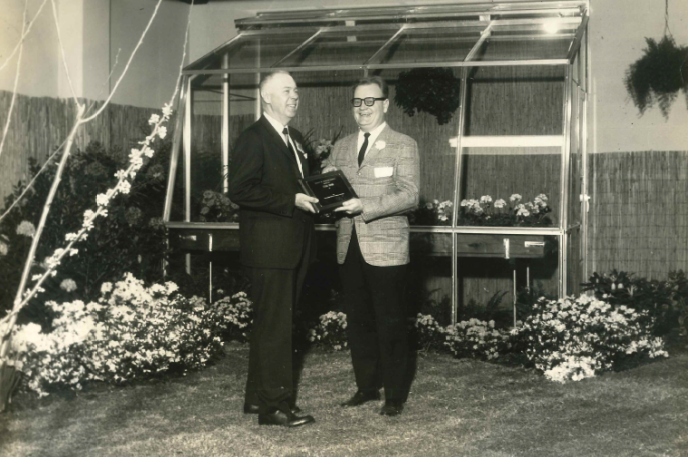
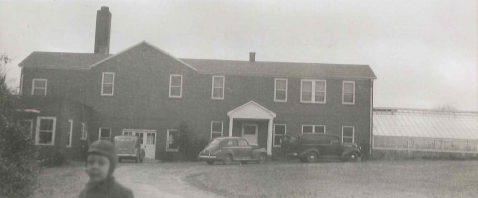
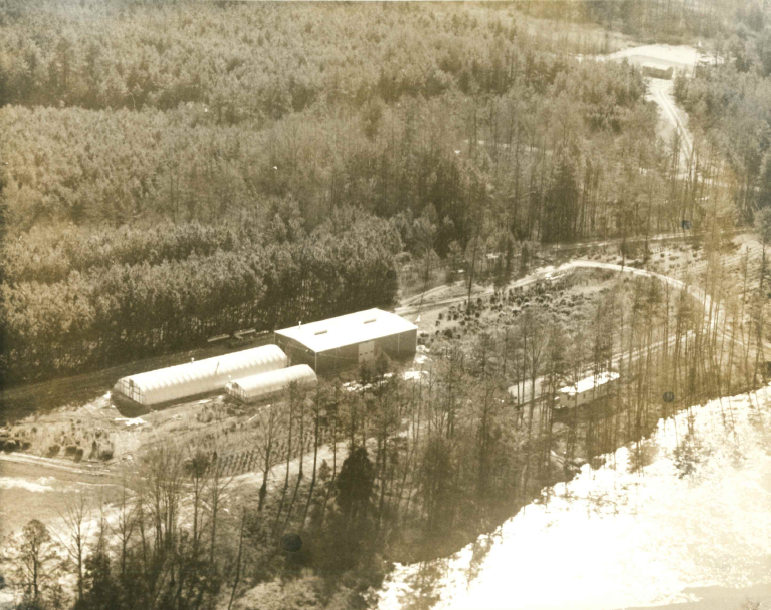
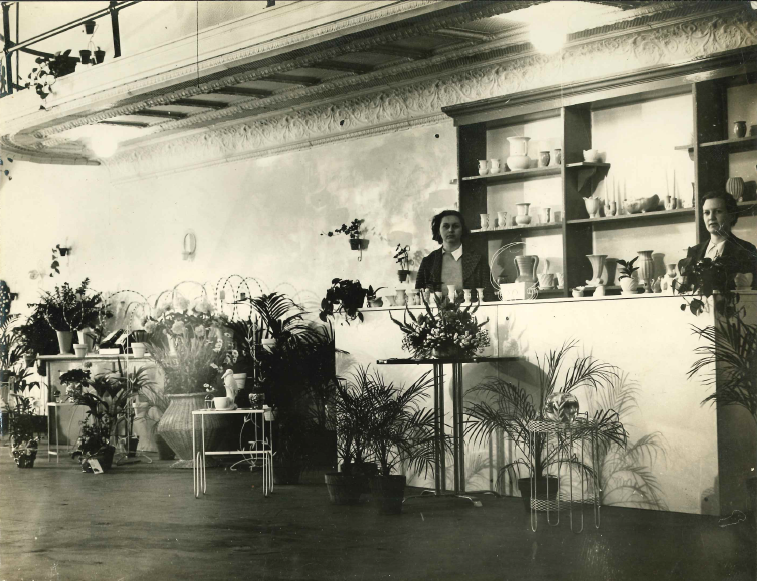
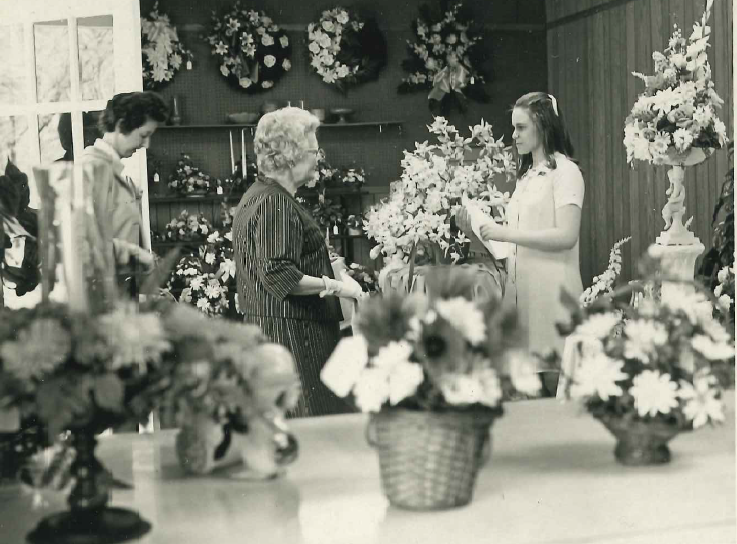
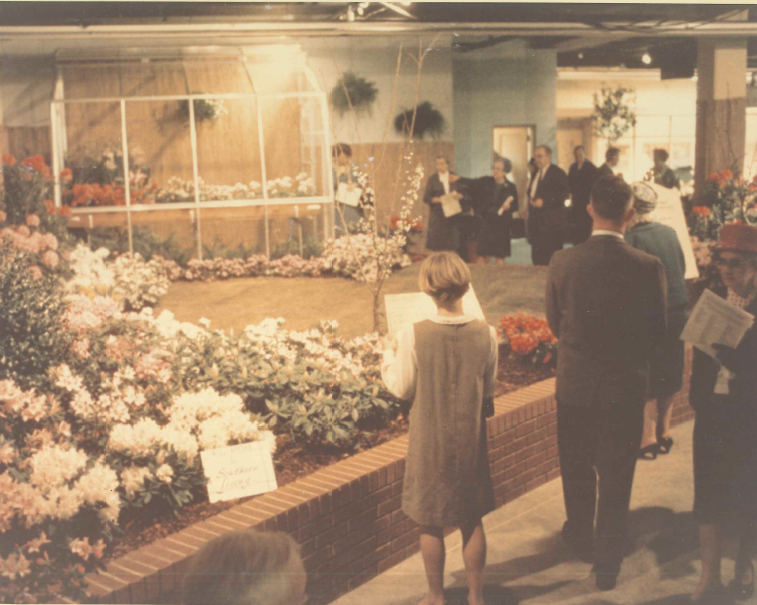
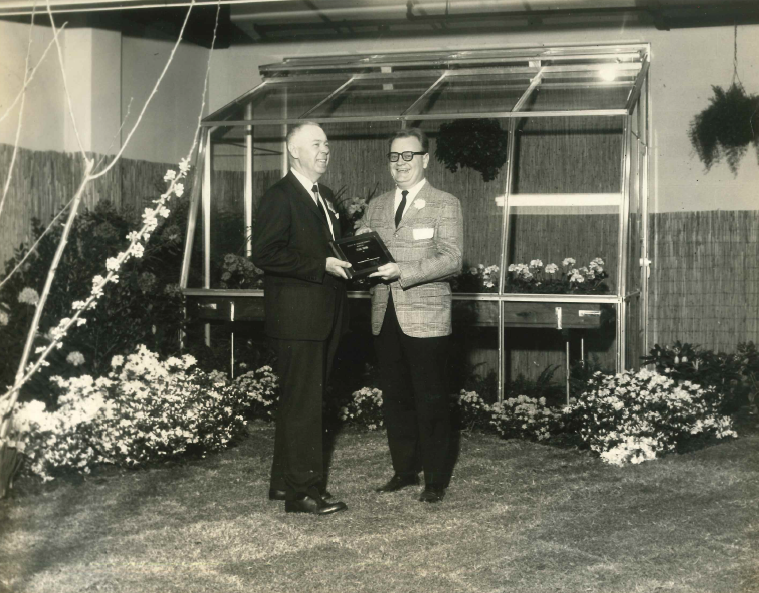
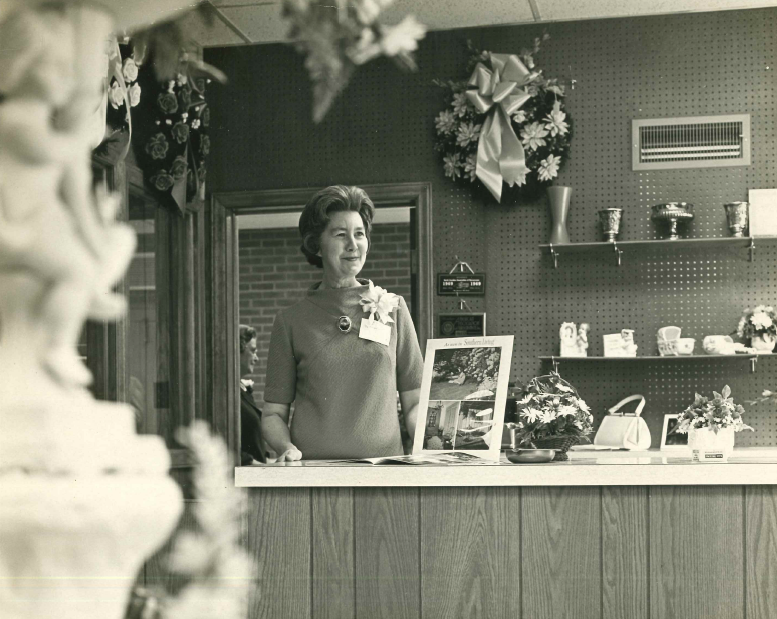
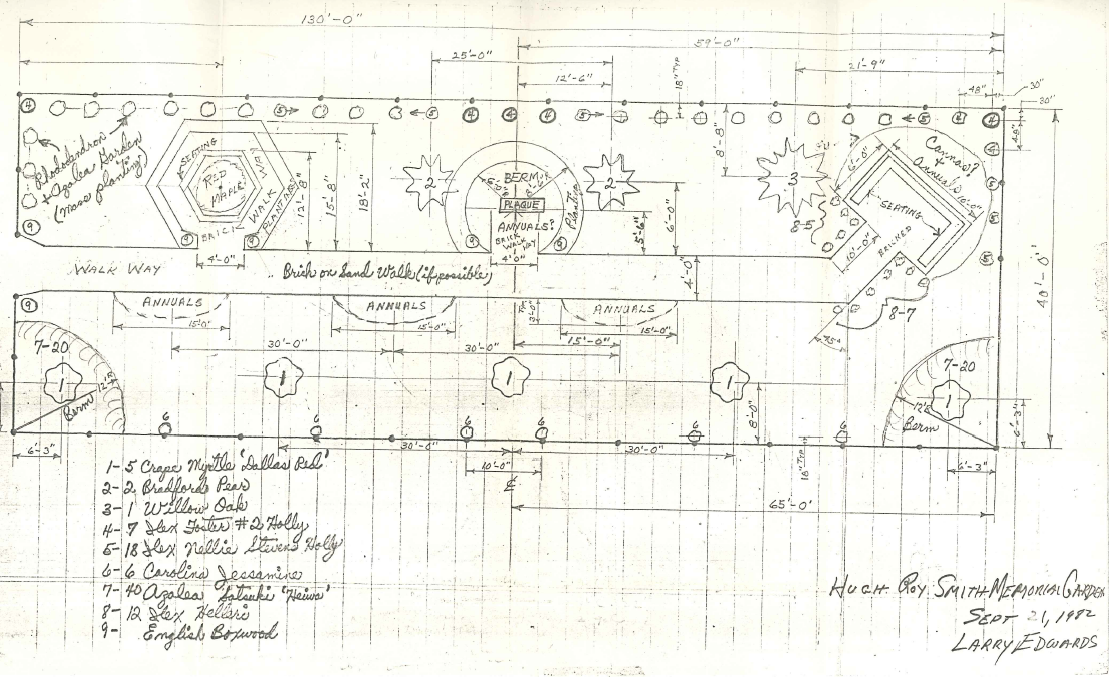
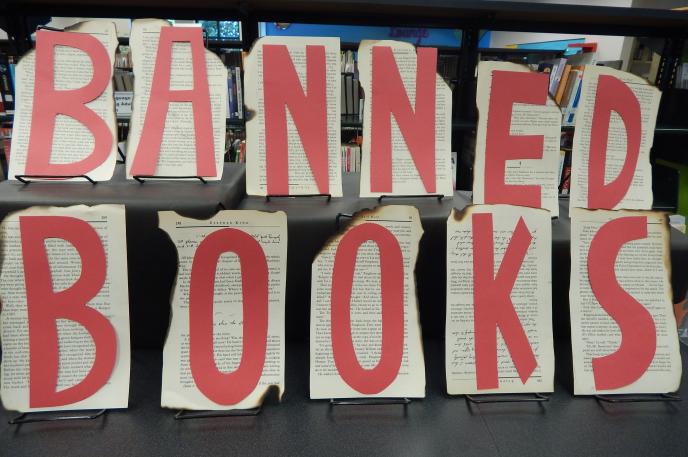
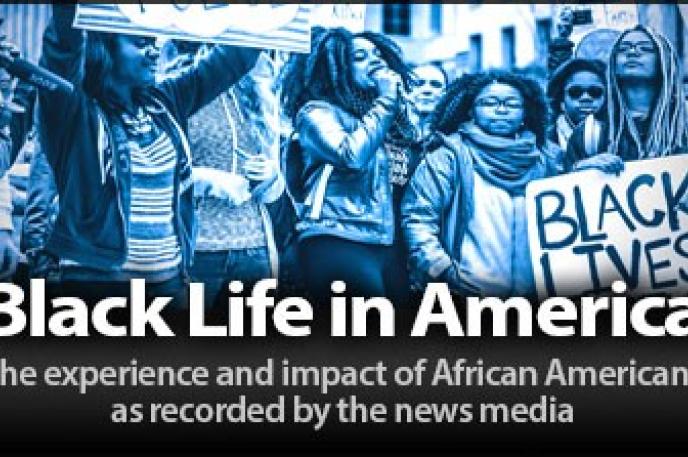
 Charlotte Mecklenburg Library is excited to announce our newest resource,
Charlotte Mecklenburg Library is excited to announce our newest resource, 